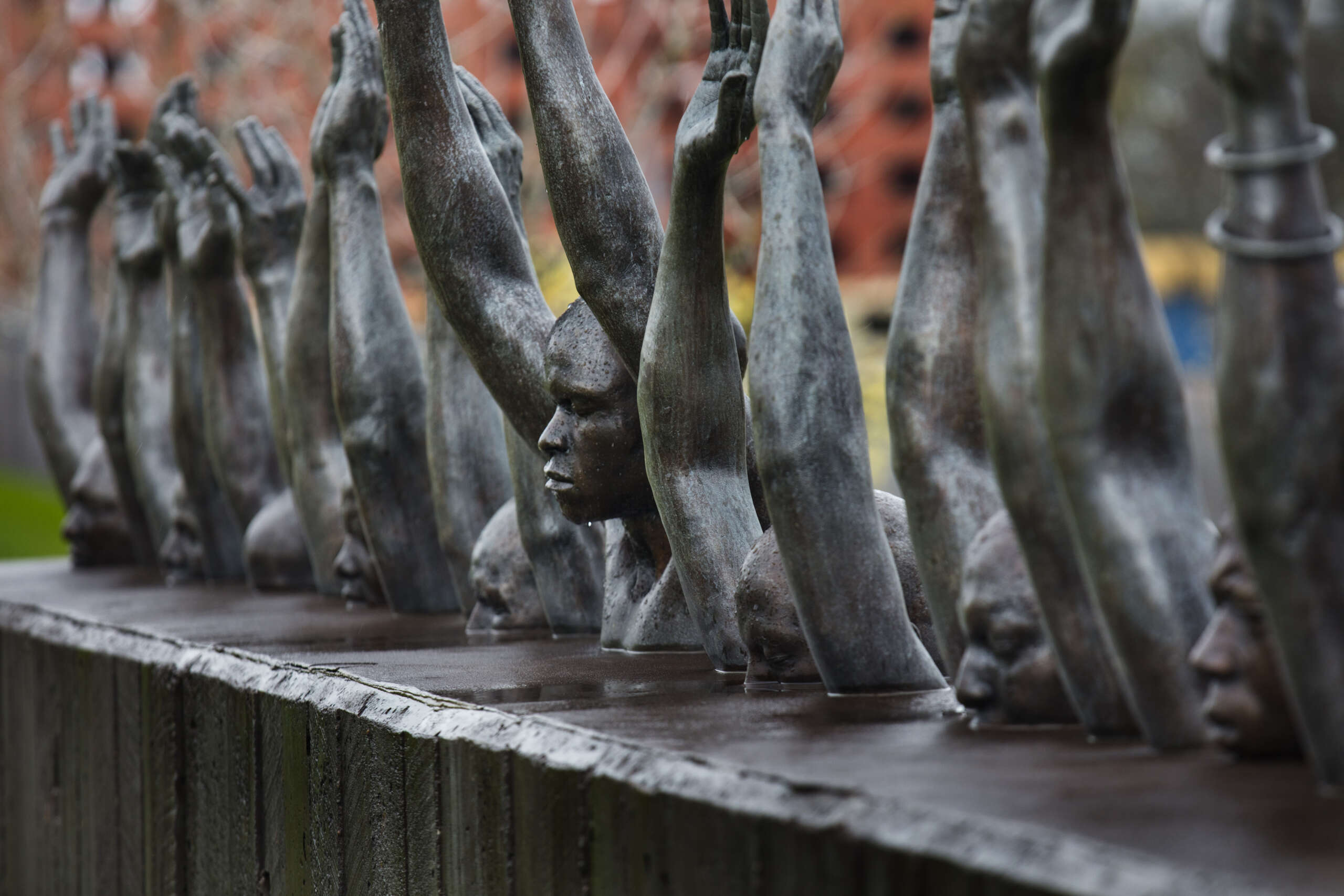Occupied Jerusalem- Israeli estimates and analyzes unanimously agree that Benjamin Netanyahu’s government plan to establish a security buffer zone in… Gaza stripis useless and will not provide security forTel Aviv.
They also unanimously agreed that it would not lead to undermining the strength of the Islamic Resistance Movement (agitationThe military will not deter it from approaching the security fence, and it is doomed to failure, like the security belt in southern Lebanon.
The Prime Minister stated Benjamin Netanyahu He was the one who informed the US Secretary of State about this plan Anthony Blinken At the end of the war, Israel intends to establish a “deep buffer zone” in the Gaza Strip.
He was the Minister of Security Yoav Galant He vowed to deport forces Hizb allah Lebanese Parliament on the border region, and making amendments to Security Council Resolution 1701, in a manner consistent with Israel’s demands and security interests.
Failed experiment
In turn, a member said,War cabinMinister Gideon Sa’ar said, “The area of Gaza must be reduced at the end of the war by establishing a buffer zone and targeting anyone who enters it.”
According to Israeli analyses, the buffer security zone in southern Lebanon kept the Israeli army in the Lebanese quagmire for at least 15 bloody years. In May 2000, after a popular protest, the government decided Ehud Barak Withdrawal and leaving this area.
Under the title “The security tape in Gaza will not provide Israel with the security it has lost,” Zvi Barel, an analyst for Arab and Middle Eastern affairs in the newspaper “Haaretz,” wrote an article in which he said that “establishing a buffer zone on the border is not a new idea.”
Bar’el added, “But the experience of neighboring countries is like… Egypt AndTürkiye It appears that it does not put an end to national aspirations or the reality of occupation in the Palestinian territories in 1967, nor does it eliminate security threats.”
Bar’el described Israel’s experience in establishing a security buffer zone in the south Lebanon It failed, explaining that the security fence it established on Lebanese territory also failed to achieve its goals of providing security for the Israelis in the north and Upper Galilee, and it became a permanent battlefield with Hezbollah.
The analyst believes that the Israeli plan is rejected by the US President’s administration joe biden Facing opposition from neighboring countries, he pointed out that Israel informed several Arab countries that it intends to establish this buffer zone at the end of the war.
According to Israeli reports, Tel Aviv shared the plan with Jordan and Egypt andThe UAE And Turkey andSaudi ArabiaHowever, without revealing the technical aspects of the future of the security sector.
But it can be assumed, according to Bar’el, that it is “a neutral zone that will extend along the entire border line between Israel and the Gaza Strip at a varying depth, and that its purpose is to prevent the infiltration of militants on foot or by motor vehicle.”
“A direct target of the resistance”
The working assumption of the buffer zone plan, from Barel’s point of view, is that the Gaza Strip “will remain a source of ground threat even after the end of the war, and even if the ballistic military threat is eliminated, but such a security strip should prevent the danger, or at least give security forces Security: Sufficient time to prepare for any emergency.
Even in the scenario of eliminating Hamas, the security tape, the Arab and Middle Eastern affairs analyst says, “will not give the citizens of Israel the security that was stolen from them due to Tel Aviv’s intentions to maintain security control in Gaza, and its rejection of any arrangements with any Palestinian government that will be formed in the Strip after the end of the war.” “.
He concluded by saying, “The Gaza Strip is a closed cage. Every piece of land seized for the benefit of the security strip will be accompanied by the displacement of thousands of residents who will be further crammed into an area that is already one of the most densely populated areas in the world.”
Bar’el continues, “The expected result does not require guesswork. Without any political arrangements after the war, the Israeli army in the buffer zone will become a direct target for the Palestinian resistance.”
“Sunk in mud”
For his part, lawyer Amiram Gil, a law professor at Reichman University (a multidisciplinary academic center in Herzliya), seemed shocked by the idea of establishing a buffer zone along the security fence with the Gaza Strip.
He expressed this in an article on the Zaman Yisrael website entitled “A security belt in Gaza. Israel is on its way to repeating the mistake it made in Lebanon.”
Gil said that this buffer zone will not provide security for the Israelis, but rather will plunge Tel Aviv into a “fighting quagmire” with the Palestinians in Gaza, as it has been for many years in southern Lebanon. He added, “We hear statements by Israeli officials about a buffer zone with Gaza, and we do not believe them.”
Gil continued, “Twenty-three years after Israel was able to extricate itself from the quagmire of the security zone in southern Lebanon, and after looking at the past without drawing lessons, we are on our way to repeating the foolishness, this time in Gaza.”
The Israeli lecturer recalled that in 1985, three years after Tel Aviv entered the First Lebanon War, which claimed the lives of 650 Israeli soldiers, the government decided Shimon Peres At that time, it was necessary to withdraw from most of the lands it occupied in the war, establish a buffer zone in the south, and control the area near the border to protect the towns in the Upper Galilee.
Gil wonders, “Can anyone imagine how the Israeli army will maintain the areas across the border with Gaza, and stay there for a long period of months, years, or 15 years, as was the case in Lebanon?”
With this rate of fighting on the Gaza front, and from past experiences, he adds, “Israel will likely find itself once again mired in the mud, in an armed guerrilla war against a civilian population hostile to the occupation and paramilitary organizations.”
Gil concludes, “In Lebanon, it was Hezbollah, the Amal Movement, and the Palestinian organizations that fought the Israeli army and killed its soldiers, and in the Gaza Strip, it will be the Hamas andIslamic jihadAnd who knows how many factions and armed groups there are.”






